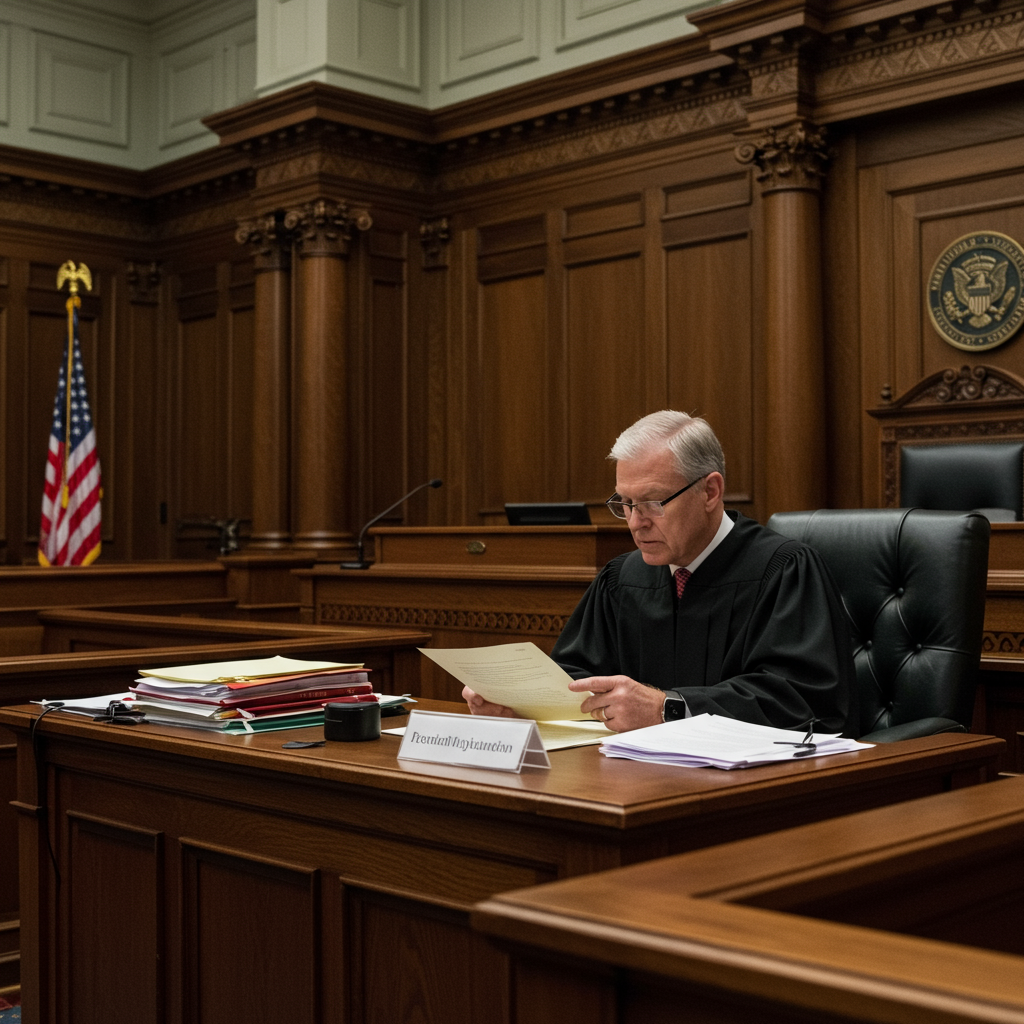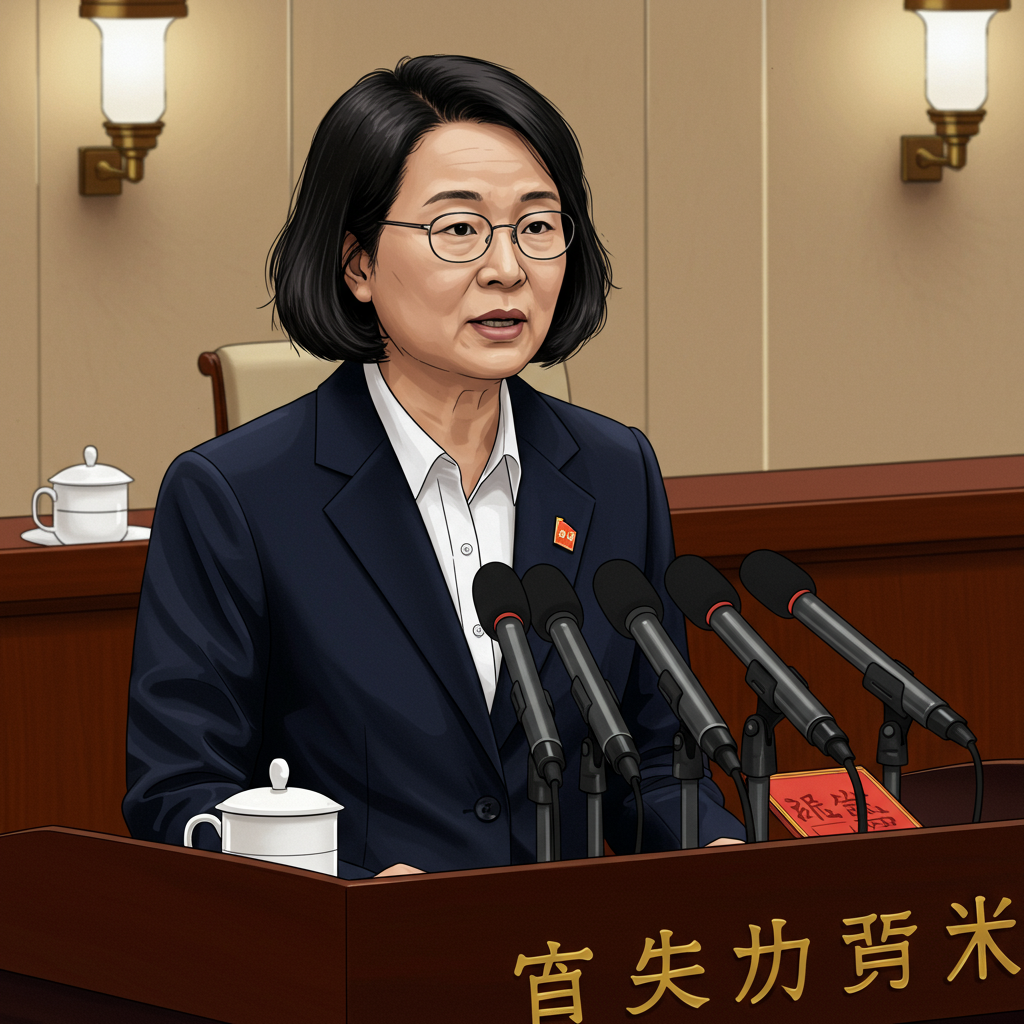Federal Judge Halts Trump Administration’s Move Against Harvard International Students
Harvard University has secured a significant temporary victory in its legal battle with the Trump administration over the enrollment of international students. A federal judge has issued a preliminary injunction, blocking the government’s attempt to restrict the university’s ability to host foreign students on visas, providing a crucial reprieve for Harvard and its large international student population.
The dispute escalated following a May 22 notice from the Department of Homeland Security (DHS) that threatened to revoke Harvard’s certification with the Student and Exchange Visitor Programme (SEVP). Participation in SEVP is mandatory for U.S. universities to legally enroll and host international students and scholars. The decertification would have had a devastating impact, potentially forcing thousands of students to transfer or lose their legal status in the United States.
Harvard responded swiftly by filing a lawsuit, arguing the administration’s action was unlawful and politically motivated. U.S. District Judge Allison Burroughs in Boston initially granted a temporary restraining order and has now followed up with a preliminary injunction. This order allows Harvard to maintain the “status quo” regarding its international enrollment while the case proceeds through the courts, offering much-needed certainty to students concerned about their academic futures.
The Administration’s Accusations vs. Harvard’s Defense
The Trump administration cited several reasons for targeting Harvard’s SEVP certification. These included accusations that the university had “failed to maintain a campus environment free from violence and antisemitism,” fostered “pro-Hamas sympathies,” employed “racist ‘diversity, equity, and inclusion’ policies,” and even alleged “coordinating with the Chinese Communist Party,” including hosting members of a Chinese paramilitary group. DHS Secretary Kristi Noem’s letters and public statements from President Trump specifically referenced Harvard’s alleged “woke, Radical Left” ideology.
Harvard vehemently denies the government’s stated reasons are legitimate regulatory concerns. Instead, the university argues the actions are “clear retaliation” for exercising its First Amendment rights and refusing government demands to control its governance, curriculum, and the viewpoints of its faculty and students. Harvard’s lawsuit contends the administration is singling out the university due to its perceived viewpoint and refusal to surrender its academic independence. They also allege violations of due process.
Legal experts note that the administration’s explicit references to Harvard’s alleged ideological leanings could be problematic in court, potentially serving as a “smoking gun” that indicates the action was punitive rather than based on genuine regulatory failures.
Legal Battle Centers on Free Speech and Academic Freedom
The core legal questions in the case revolve around the government’s authority and its potential limits under the U.S. Constitution:
Do the administration’s stated reasons for targeting Harvard’s SEVP certification withstand legal scrutiny?
Are these reasons genuine, or merely a pretext to punish Harvard for constitutionally protected speech the administration dislikes?
Harvard’s defense heavily relies on the First Amendment, which protects the free speech rights of institutions as well as individuals. Decades of legal precedent, including a critical 1957 Supreme Court decision, support the concept that the government cannot dictate acceptable pedagogy or institutional ideology. While the government can enforce non-discrimination laws, such as Title VI which prohibits discrimination against Jewish students, Harvard argues this does not give the government the power to control its curriculum or internal affairs based on perceived viewpoints.
Legal experts suggest that if the court finds the administration’s actions were motivated by ideological differences and violated Harvard’s free speech rights, the university is likely to prevail. However, the administration could still potentially win by framing its concerns around national security or existing non-discrimination laws, which historically permit screening international students for viewpoints deemed unsafe.
Significant Impact on International Students and U.S. Higher Education
The case is being closely watched across the United States. Harvard enrolls nearly 7,000 international students, representing over a quarter of its student body, particularly impacting graduate programs like the Kennedy School (approx. 50% international) and Business School (approx. one-third international). Nationwide, over 1.1 million international students attend U.S. colleges and universities.
These students are often described as a “crucial financial lifeline” for many institutions as they do not qualify for federal financial aid. Beyond finances, they contribute significantly to the academic and research mission of universities and enhance campus diversity.
The uncertainty created by the administration’s actions has caused considerable anxiety among international students already studying in the U.S. and those planning to attend. Some experts suggest that even if the policy is ultimately blocked, the administration might achieve a chilling effect on international enrollment simply by creating fear and uncertainty – a form of “self-unenrolment.”
Harvard’s lawsuit highlighted the disruption caused just days before graduation and warned that the action damages the university’s standing in the global competition for top academic talent. If the decertification were upheld, federal regulations could prevent Harvard from admitting new international students for at least two years.
Adding a peculiar twist, DHS issued a notice after the initial revocation threat and subsequent court challenges, giving Harvard 30 days to formally contest the move and provide evidence it meets SEVP requirements. While the administration argued in court that this made an injunction unnecessary, Judge Burroughs prioritized student certainty by issuing the preliminary injunction.
This legal showdown raises fundamental questions about the extent of government authority over academic institutions, academic freedom, and free speech. Given the stakes and the constitutional issues involved, experts believe the case could potentially escalate quickly through the federal courts, possibly reaching the U.S. Supreme Court. For now, the judge’s block provides temporary relief, allowing international students at Harvard to continue their studies while the complex legal battle unfolds.
References
- https://www.bbc.com/news/articles/cx2jeg8zej8o
- https://www.npr.org/2025/05/29/nx-s1-5415714/harvard-judge-trump-international-students
- https://www.cbsnews.com/news/trump-harvard-foreign-students-ban-30-days-to-reply/
- https://apnews.com/article/harvard-foreign-students-enrollment-trump-lawsuit-94b65866c563e67a7a7a3c79e90144d6
- https://www.msnbc.com/top-stories/latest/judge-blocks-trump-harvard-student-visas-international-students-rcna208771




